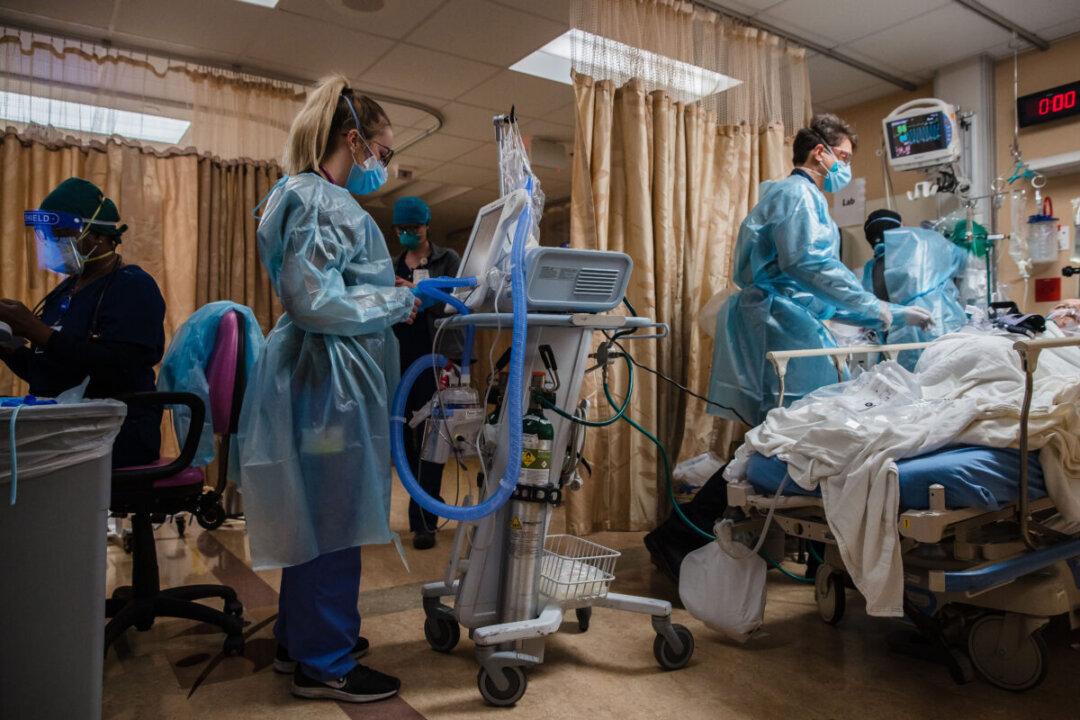Almost all of the nation’s top 25 medical schools are incorporating ideas related to critical race theory (CRT) into mandatory training programs for students and staff, warned a watchdog website documenting leftist indoctrination in K-12 and higher education.
Critical Race Training in Education, a project founded by Cornell University law professor William Jacobson, has recently put online a new database on America’s most prestigious medical schools. The database finds that 23 of those 25 institutions maintain some form of mandatory student training or coursework related to CRT doctrines.





